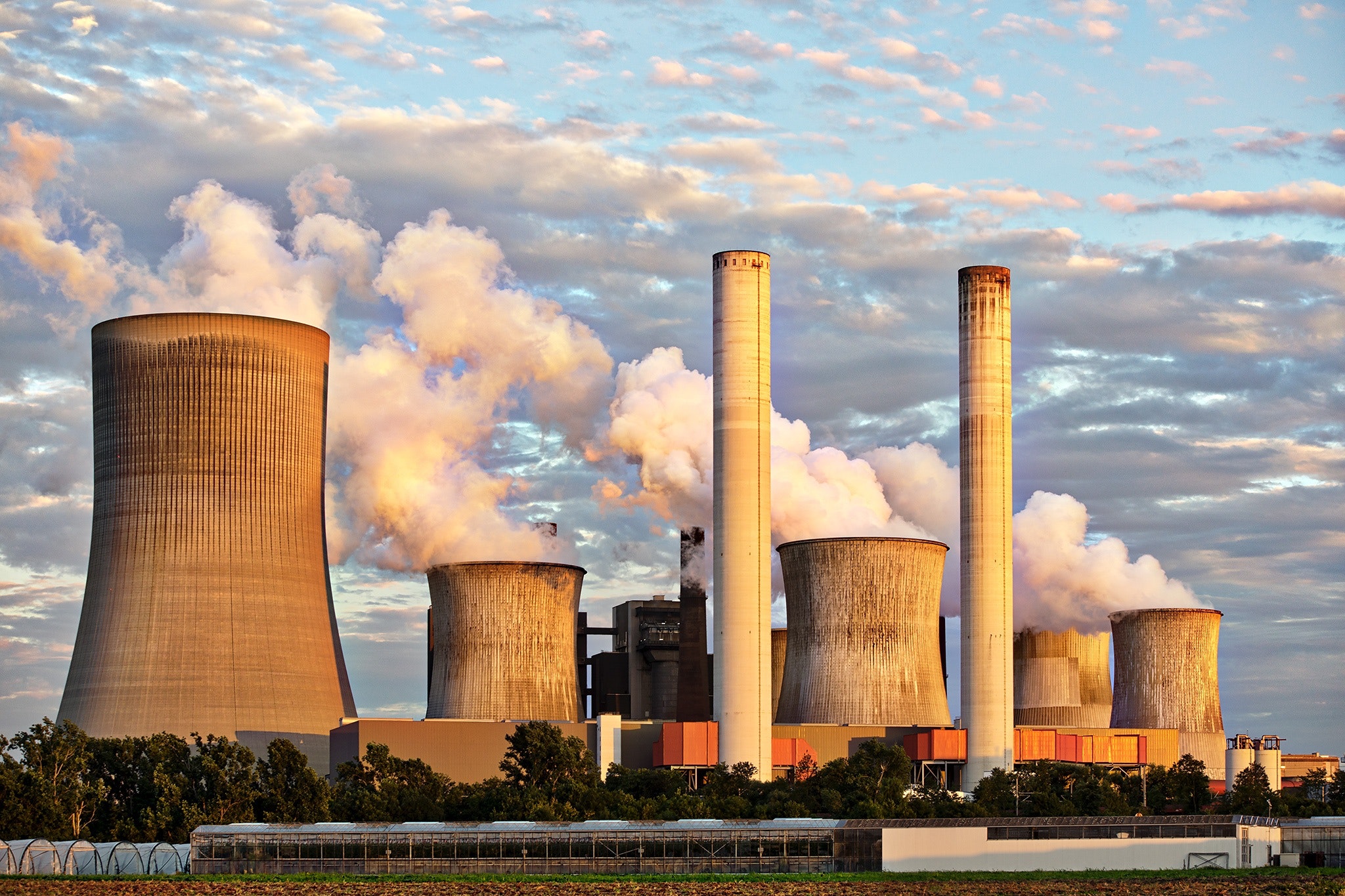Yellen says concerns are growing over impact of China's excess capacity
Yellen's meetings, which continue in Beijing on Saturday through Monday, come just after U.S. Commerce Department and Chinese Commerce Ministry officials met in Washington on Thursday. The top U.S. official in those talks, Commerce Undersecretary Marisa Lago, also raised "strong concerns regarding growing overcapacity in a range of Chinese industrial sectors," the department said in a statement.

U.S. Treasury Secretary Janet Yellen said on Friday that concerns are growing over the global economic fallout from China's excess manufacturing capacity, as she kicked off a four-day visit to China. China is too large to export its way to rapid growth and would benefit by reducing excess industrial capacity which is pressuring other economies, Yellen said in remarks to an audience of about 40 representatives of the American Chamber of Commerce in Guangzhou.
Yellen is expected to focus on the issue in a series of meetings with Chinese officials this week. "Overcapacity isn't a new problem, but it has intensified, and we're seeing emerging risks in new sectors," Yellen said, saying she would raise the concern in the meetings.
Yellen and other Biden administration officials are growing increasingly concerned about China's overproduction of electric vehicles, solar panels, semiconductors and other goods that are flooding into global markets in the face of a demand slump in China's domestic market. She plans to argue that this is not healthy for China and is hurting producers in other countries. While Sino-U.S. tensions over a range of issues have been escalating, Yellen highlighted areas of cooperation between Washington and Beijing.
She said a financial working group representing both sides had been working on steps to contain the financial risks from a potential bank failure in either economy. "We've held technical exchanges between our sides, including an exercise on how we would jointly deal with the failure of a large bank in the U.S. or in China," Yellen said, without providing additional detail on the findings of that review.
China has set an ambitious economic growth target of 5% for 2024, fueled in part by more investment in new high-technology sectors as the economy struggles to overcome a property crisis and weak consumer demand. But many economists say China's growth model needs a major overhaul to boost domestic consumption and reduce its traditional heavy reliance on investment. Yellen met earlier on Friday with Guangdong Province Governor Wang Weizhong and was scheduled to meet Vice Premier He Lifeng. Yellen told Wang that U.S. companies and workers needed a "level playing field," and that Washington and Beijing must maintain open and direct communications on areas where they disagree.
"This includes the issue of China's industrial capacity, which the United States and other countries are concerned can cause global spillovers," Yellen said. Some trade experts see the increased U.S. criticism of China's production-focused, subsidy and debt-driven economic model as an initial step towards raising U.S. tariffs on Chinese EVs and clean energy goods to protect U.S. industry.
Yellen has shied away from raising any threats of new trade barriers, but said during her journey to Guangzhou she will not rule out more actions to protect a fledgling American supply chain for EVs, batteries, solar power and other goods from cut-price Chinese imports. The Treasury is not expecting a major shift in Chinese policy as a result of Yellen's visit, but U.S. officials believe it was important to explain the risks that overinvestment in some sectors - and relatively weak consumer demand in China - present to both China's economy and its trading partners.
Yellen said on Friday that part of her aim in meeting Chinese officials was to establish "resilient communication channels" between the two governments. In addition to financial system risks, Yellen said the United States and China were working together to crack down on money laundering and in areas like climate change.
CHINA STATE MEDIA PUSHES BACK Chinese state media have pushed back against Yellen's message about the risks of excess capacity in China, saying it was an example of a double standard.
"While it is just basic economics that surplus products naturally seek out markets elsewhere once domestic demand is met, and Western nations have been doing that for centuries, when it comes to China, it becomes an 'overcapacity problem' threatening the world," the China Daily said. Yellen's meetings, which continue in Beijing on Saturday through Monday, come just after U.S. Commerce Department and Chinese Commerce Ministry officials met in Washington on Thursday.
The top U.S. official in those talks, Commerce Undersecretary Marisa Lago, also raised "strong concerns regarding growing overcapacity in a range of Chinese industrial sectors," the department said in a statement. China's Vice Minister of Commerce Wang Shouwen raised concerns about U.S. tariffs on Chinese imports, sanctions and what he called the unfair treatment of Chinese companies due to national restrictions by the United States.
"The economic and trade relations between China and the United States should be a stabilising force," Wang said, according to a statement from the commerce ministry.
(This story has not been edited by Devdiscourse staff and is auto-generated from a syndicated feed.)
ALSO READ
UK Foreign Office Hacked: Chinese Hackers Suspected
Rising Trade Deficit: India's Growing Reliance on Chinese Imports
Senators Probe Use of Chinese DJI Drones in U.S. Construction
Record $11.1 Billion U.S. Arms Sale Boosts Taiwan's Defense Amid Rising Chinese Pressure
Beijing's Battle Against Smog: A Model for Delhi?










